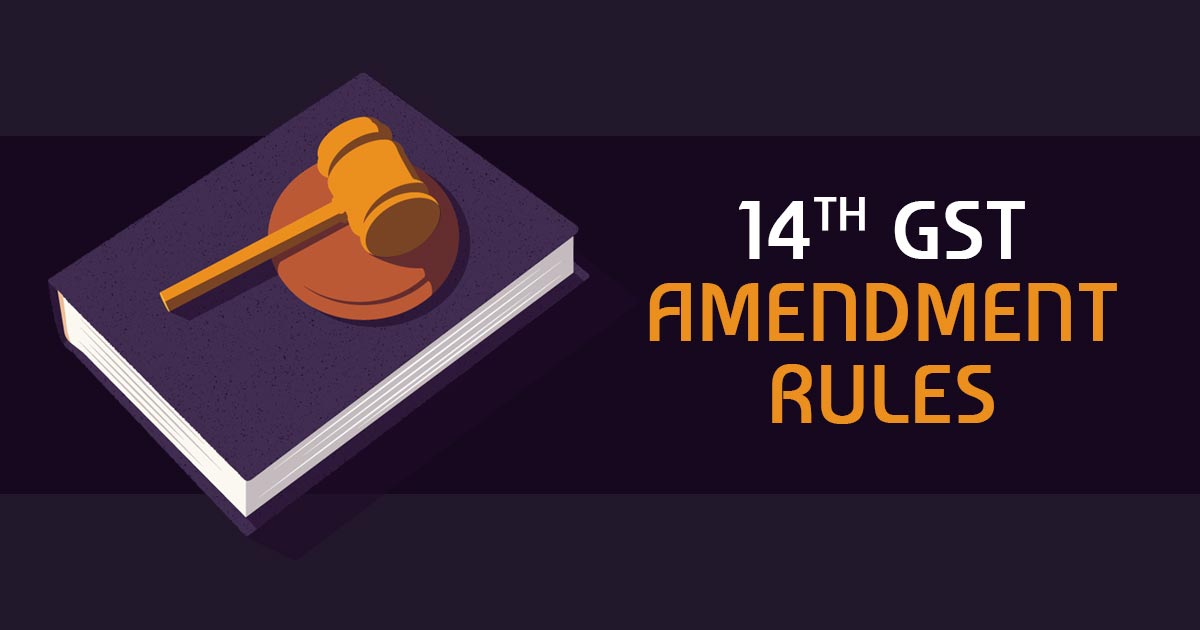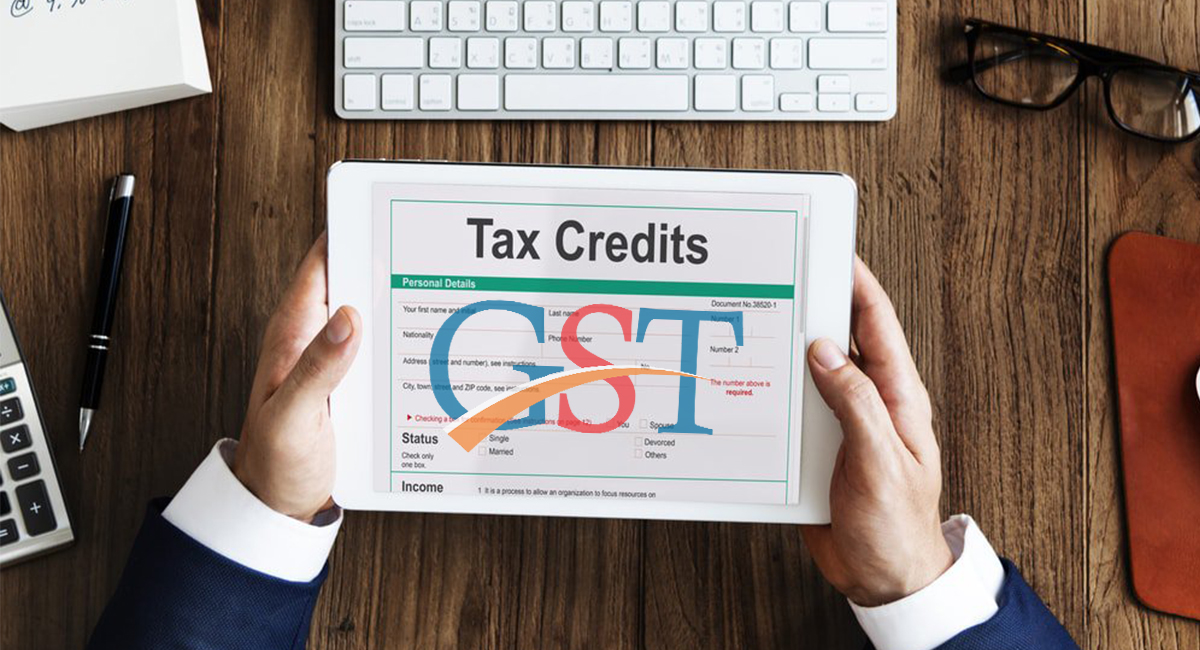New changes and some additions have been implemented inside the goods and services tax plan through the 14th GST amendment rules 2020. The article concentrates on the important rule inserted with respect to the input tax credit which has effected from 1/01/2021.

A new rule has been inserted in 86B which reveals that the division of the assessee to mandate discharge at least 1% of their output GST liability in cash. The bogus people try to discharge the whole GST liability via an Income tax credit present hence avoiding the cash payments. Through this limit, the bogus ones can be monitored. Which has been founded by the lawmakers because of the rise in the daily bogus invoicing spams. In this manner, this will make sure checking mala fide acts and secure the disclosure of the revenue inside the government’s safe.
Through this obligatory need to release GST liabilities of no less than 1% is harder via cash during the lockdown, below are the mentioned compliances for these procurements which provides distinct perspective. The assessee through the value of taxable supply (excluding the exempt and zero-rated) lower than Rs 50 lakh in the month. Hence smaller assessees will not include in this assent. The assessee or principal officers of him like managing director, whole-time director, etc. possess Rs 1 lakh as an income tax beneath the Income Tax Act, 1961, in each of the last 2 fiscal years.
The fund which is not used, a refund of ITC 









